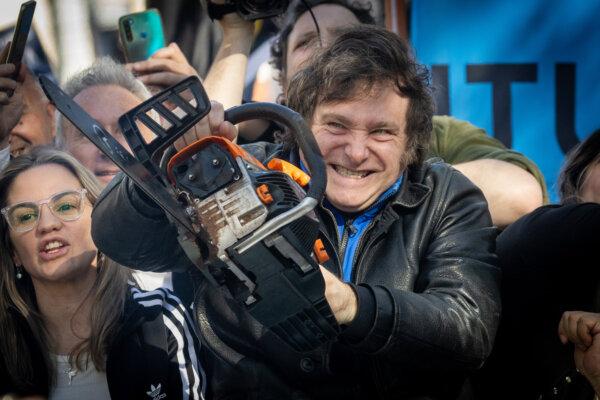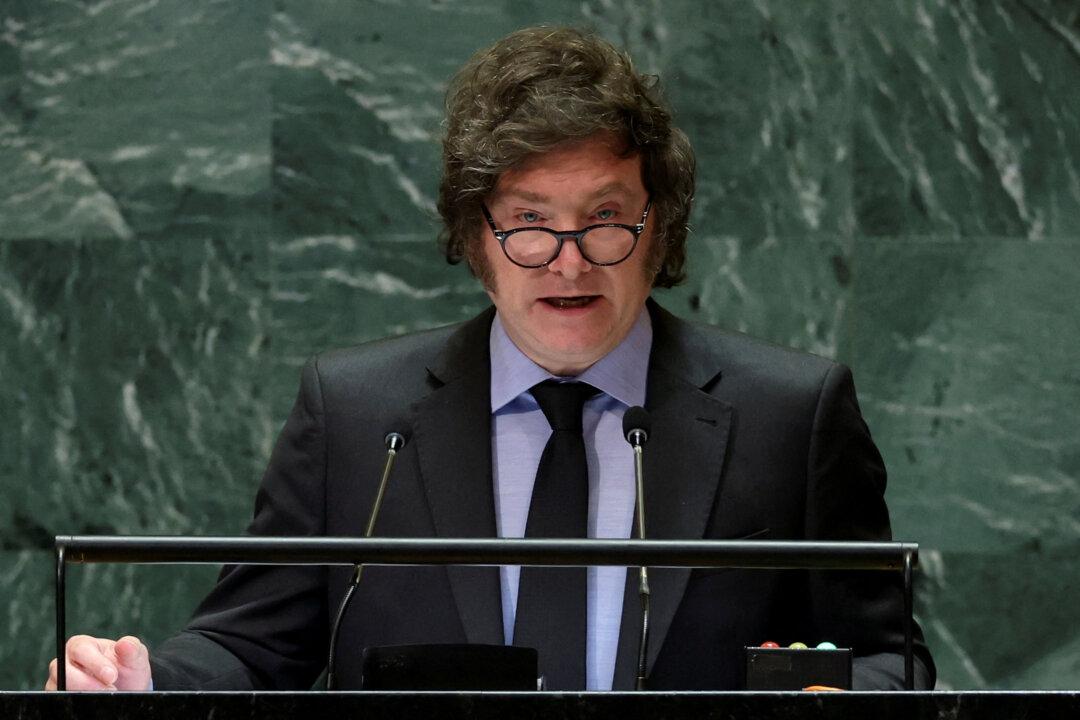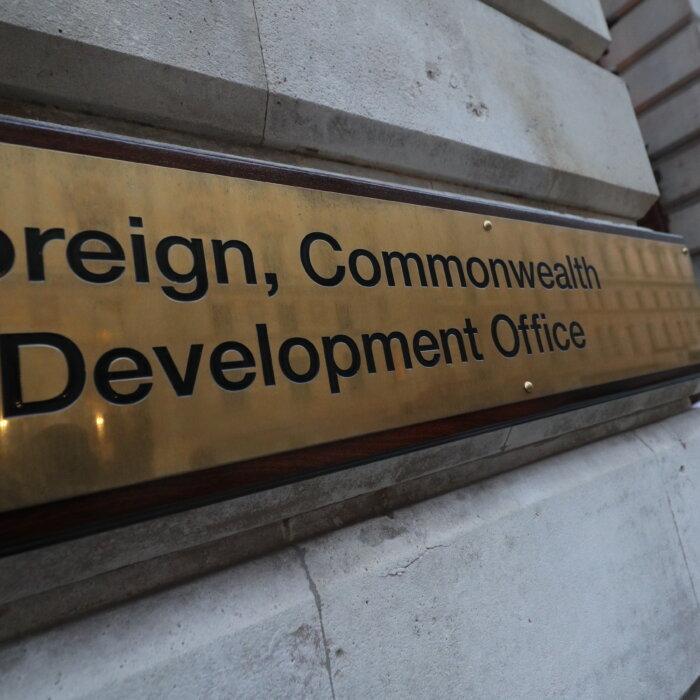Argentinian President Javier Milei, in his first U.N. speech, accused the international organization of human rights hypocrisies and enabling authoritarian regimes.
“I’m here to warn you that we are at the end of a cycle, the collectivism and moral posturing of the woke agenda have collided with reality,” Milei told the United Nations on Sept. 24 in New York City.
‘Bloody Dictatorships’
“In this very house, which claims to defend human rights, we have allowed access to the Human Rights Council to bloody dictatorships such as Cuba and Venezuela, without the slightest reproach,” he said.Both countries have served multiple terms on the council despite repeated international criticism of their domestic human rights practices.
Milei also turned his attention to the Committee on the Elimination of Discrimination Against Women, a U.N. body tasked with monitoring progress on women’s rights globally.
“In this very House, which claims to defend women’s rights, we have allowed access to the Committee for the Elimination of Discrimination Against Women to countries that punish their women for showing their skin,” Milei said.

The Epoch Times contacted the U.N. for comment but didn’t receive a reply by publication time.
It says it works to “mainstream human rights” within the U.N. system and collaborates closely with governments in the field to identify, highlight, and develop responses to human rights challenges.
Milei
Milei, a self-proclaimed anarcho-capitalist, was inaugurated as Argentina’s president last year after defeating Sergio Massa, economy minister for Alberto Fernández’s socialist administration, with a promise to tackle the country’s inflationary economy by dollarizing the peso and minimizing government spending.Milei said the U.N. has abandoned its founding purpose and that it “was born out of the horror of the bloodiest war in global history, with the primary goal of ensuring that it would never happen again.”
2030 Agenda
In his U.N. speech, Milei also took aim at the 2030 Agenda’s Sustainable Development Goals (SDGs), a global initiative for sustainable economic growth and environmental protection.He said that although this is “well-intentioned in its goals” it is “nothing more than a supranational government program with a socialist slant.”
“If the 2030 agenda failed, as its own promoters acknowledge, the answer should be to ask ourselves if it was not an ill-conceived program to begin with,” he said.
Milei said that his own country, Argentina, which “is undergoing a profound process of change at the present, has decided to embrace the ideas of freedom.”
“Those ideas that say that all citizens are born free and equal before the law, that we have inalienable rights granted by the creator, among which are the right to life, liberty, and property,” he said.
“Argentina will not support any policy that implies the restriction of individual freedoms, of commerce, nor the violation of the natural rights of individuals.”
“Do not surrender to a political class that only wants to stay in power and retain its privileges. You are social benefactors. You are heroes. You are the creators of the most extraordinary period of prosperity we’ve ever seen.”







